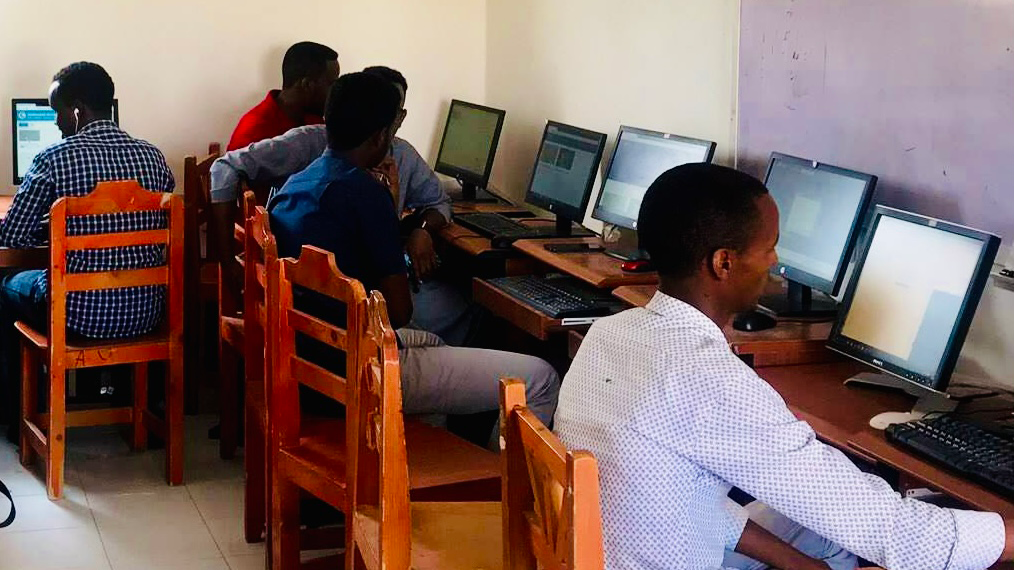The role of Artificial Intelligence (AI) in our everyday lives is extensive. It is used in everything and everywhere: from taking an Uber to emailing or managing University coursework. It should come as no surprise, therefore, that AI has infiltrated the world of work, and its hiring processes, as well.
There is a growing demand among employers for video interviewing services offered by digital hiring platforms especially in recruiting young jobseekers. These video interviewing systems often rely on AI-based technologies to schedule, track, conduct and sometimes even assess interviews with job applicants.
A new policy brief from Drs Zahira Jaser, Dimitra Petrakaki, Rachel Starr and Ernesto Oyarbide-Magaña explores these technologies from the perspectives of the ultimate users: young jobseekers. The emergent picture is one of opacity, complexity, and uncertainty.

The report identifies a spectrum of degrees of automation in interview processes, from traditional face-to-face to Asynchronous Video Interviews (AVIs) – where candidates video-record their answers to be assessed at a later time. This spectrum represents a gradual ‘depersonalisation’ of the interview process, which may be increasingly disorientating for jobseekers and have a possible negative impact on their interview performance.
To meet the perceived demands of the AI technology respondents reported adopting progressively unnatural behaviours. The more the interview was automated, the more the candidate described feelings of de-humanisation and simultaneous feelings of empowerment of the AI-based technologies.
Based on these findings, the authors have put forward a series of recommendations for employers, hiring platforms and policymakers. These include:
- Greater transparency and accountability. Platforms need to ensure that the candidates using the technology understand how AVIs function from the outset.
- Appropriate Prompt Feedback. Employers (and hiring platforms) should offer structured and constructive feedback to job candidates, which could be oriented towards giving them a better understanding of their strengths and weaknesses.
- Creating a Culture of Privacy and Informed Data Consent. There is a need to review and clarify the legal framework for recording candidates during job interviews and ensure it keeps pace with public expectations.
- Create a robust support system for candidates. Careers Services and Public Job Centres should develop a better understanding of the functioning of hiring platforms and develop a series of public awareness campaigns and other information resources for candidates.
The authors conclude that AVIs should not be a candidate’s only interaction with a company. Instead, platforms and employers need to properly balance any use of AI tools with a human approach.
Read the Policy Brief: Automated job interviews and the implications for young jobseekers









 As an output of the project and as part of an
As an output of the project and as part of an 